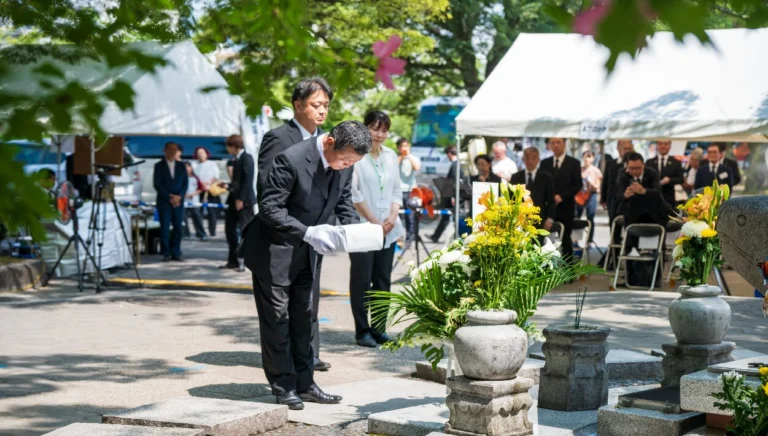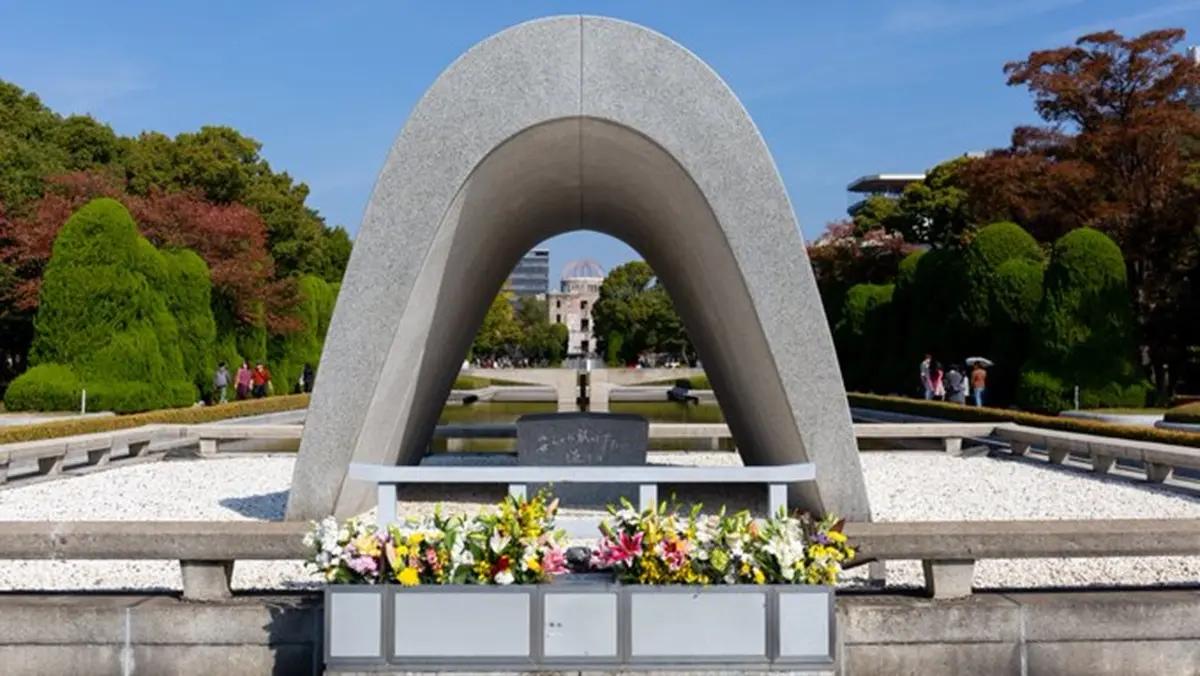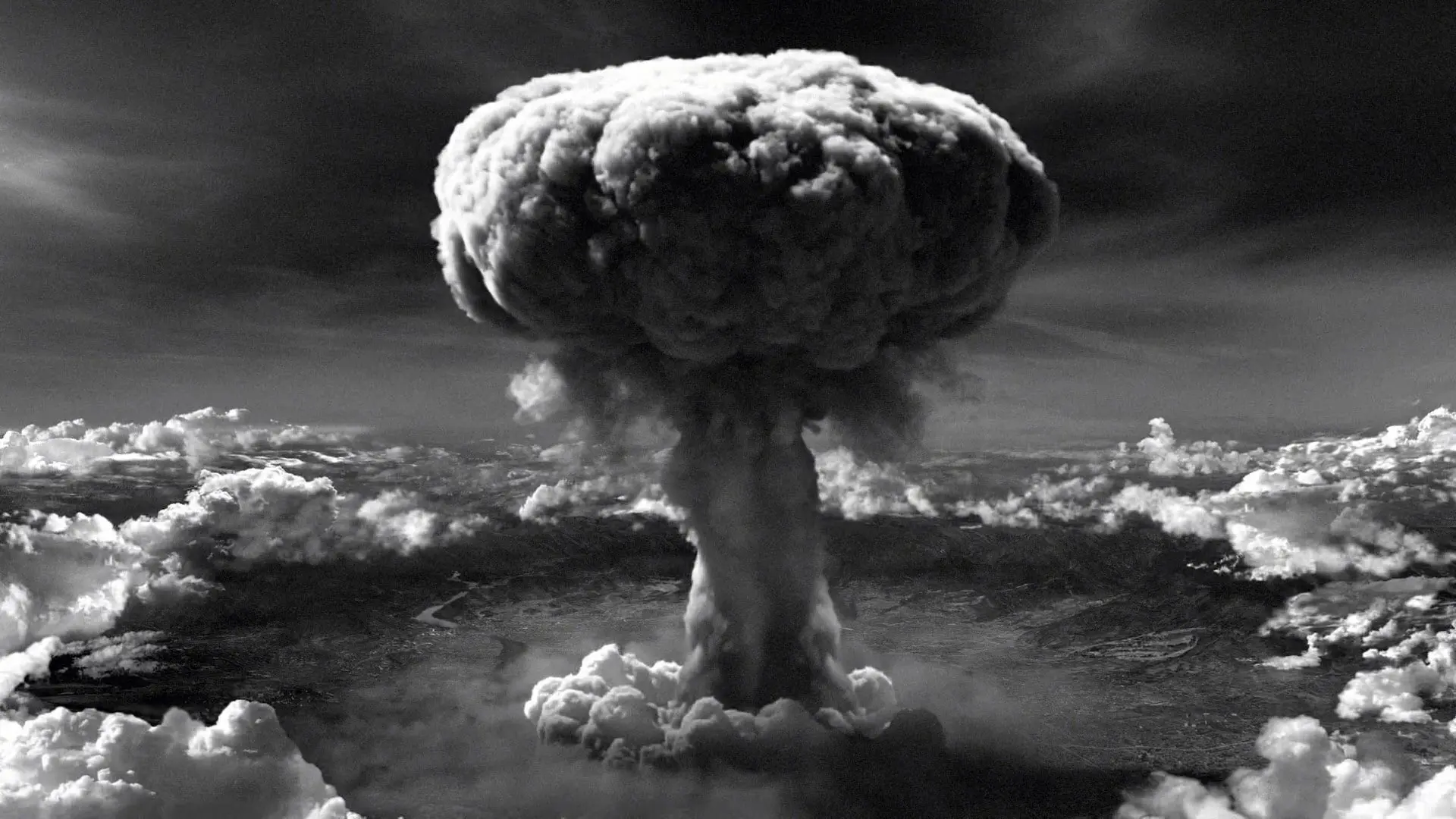Risk of Nuclear War Reaches Historic High, Says ICAN

Commemoration of Korean victims of the atomic bombings in Hiroshima, 2025. Photo: X/ @nuclearban
August 6, 2025 Hour: 1:22 am
The International Campaign to Abolish Nuclear Weapons (ICAN) warned on Wednesday that the risk of nuclear weapons being used is now greater than ever before due to ongoing tensions and conflicts, on the day that marks the 80th anniversary of the bombing of Hiroshima.
RELATED: Hiroshima Memorial Set for Record Attendance in 2025
“The risk of the use of nuclear weapons is higher now than ever. We are facing a series of confrontations and conflicts involving nuclear-armed states,” explained ICAN’s executive director, Melissa Parke.
Awarded the Nobel Peace Prize in 2017, the organization is particularly concerned about the rhetoric suggesting that nuclear weapons could be used tactically: “We must remember that the bombs dropped on Hiroshima and Nagasaki would today be described as tactical nuclear weapons,” she added.
Parke made these remarks just minutes after the conclusion of the ceremony marking the 80th anniversary of the Hiroshima bombing, which is held every year in the Japanese city at the exact time the ‘Little Boy’ bomb was dropped.
“It has been 80 years since the United States invented and used a nuclear weapon. These weapons have killed and injured hundreds of thousands of people and caused tremendous intergenerational and environmental damage,” Parke added.
Parke believes that what is commemorated in Hiroshima “is not an isolated event,” but rather “80 years of catastrophic, widespread, and ongoing harm,” and that the only way to combat this is not only to eliminate all nuclear weapons, but also to dismantle the notion that nuclear deterrence is a viable option.
The United States launched the first nuclear attack in history on the city of Hiroshima on August 6, 1945, and three days later dropped a second atomic bomb on Nagasaki, which led to Japan’s surrender and marked the end of World War II.
It is estimated that around 210,000 people lost their lives over the years due to the bombings, which also left 150,000 injured and caused humanitarian and environmental consequences that are still felt today.
Author: vmmh
Source: EFE / ICAN




